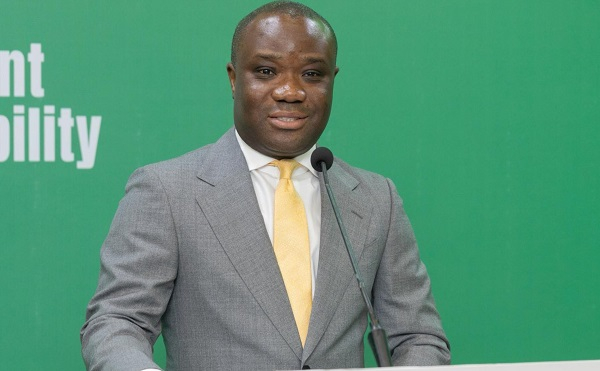- Minister of Government Communications Felix Kwakye Ofosu has rejected claims that President Mahama’s removal of Chief Justice Gertrude Torkornoo sets a dangerous precedent.
- Speaking on Asempa FM, he argued that the president acted strictly within constitutional bounds, following due process under Article 146.
- He emphasized that no credible evidence has been presented to suggest Mahama bypassed legal procedures, and insisted that equality before the law must apply to all — including high-ranking officials.
Felix Kwakye Ofosu isn’t entertaining the idea that President Mahama’s removal of Chief Justice Gertrude Torkornoo was anything but constitutional.
In a pointed interview on Asempa FM’s Ekosiisen, the Minister of Government Communications dismissed claims that the move undermines judicial independence. He argued that critics are misreading the situation — and the law.
According to Kwakye Ofosu, the president acted in full compliance with Article 146 of the 1992 Constitution, which outlines the process for removing a Chief Justice. The decision followed a committee’s recommendation after investigating a citizen’s petition. Mahama, he said, did not act arbitrarily or out of political impulse.
He stressed that in a democracy governed by the rule of law, no one — not even the Chief Justice — is above legal scrutiny. If Mahama had ignored due process, Kwakye Ofosu said, then critics would have had a case. But in this instance, every step was legally sound.
The minister also challenged those claiming the move sets a “bad precedent,” saying they’ve failed to define what that means or provide any legal basis for their argument.
His comments come amid a wave of reactions to Justice Torkornoo’s removal, including Minority Leader Afenyo-Markin’s declaration that Ghana is “mourning democracy.” But Kwakye Ofosu insists the real story is one of constitutional fidelity — not political interference.

